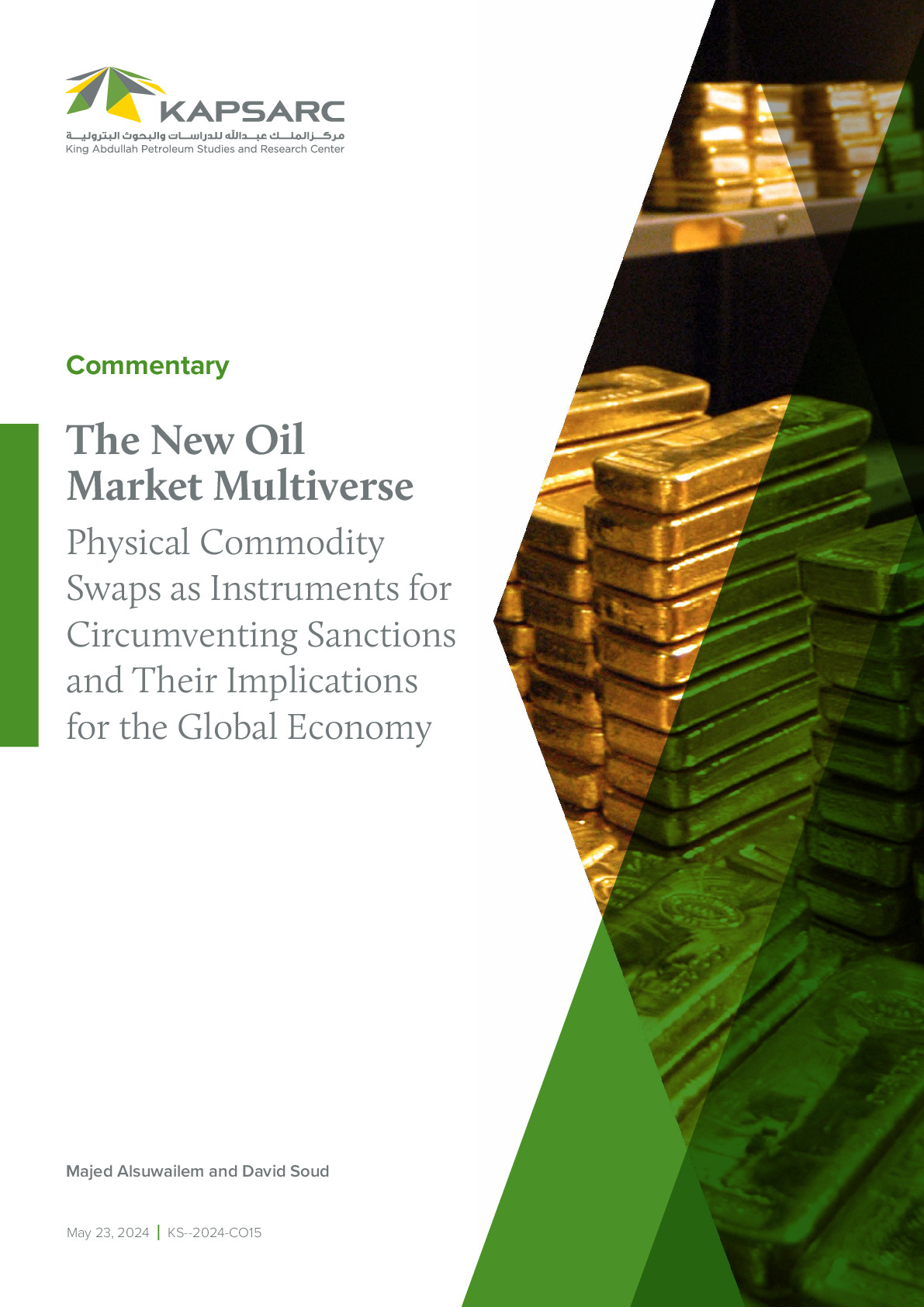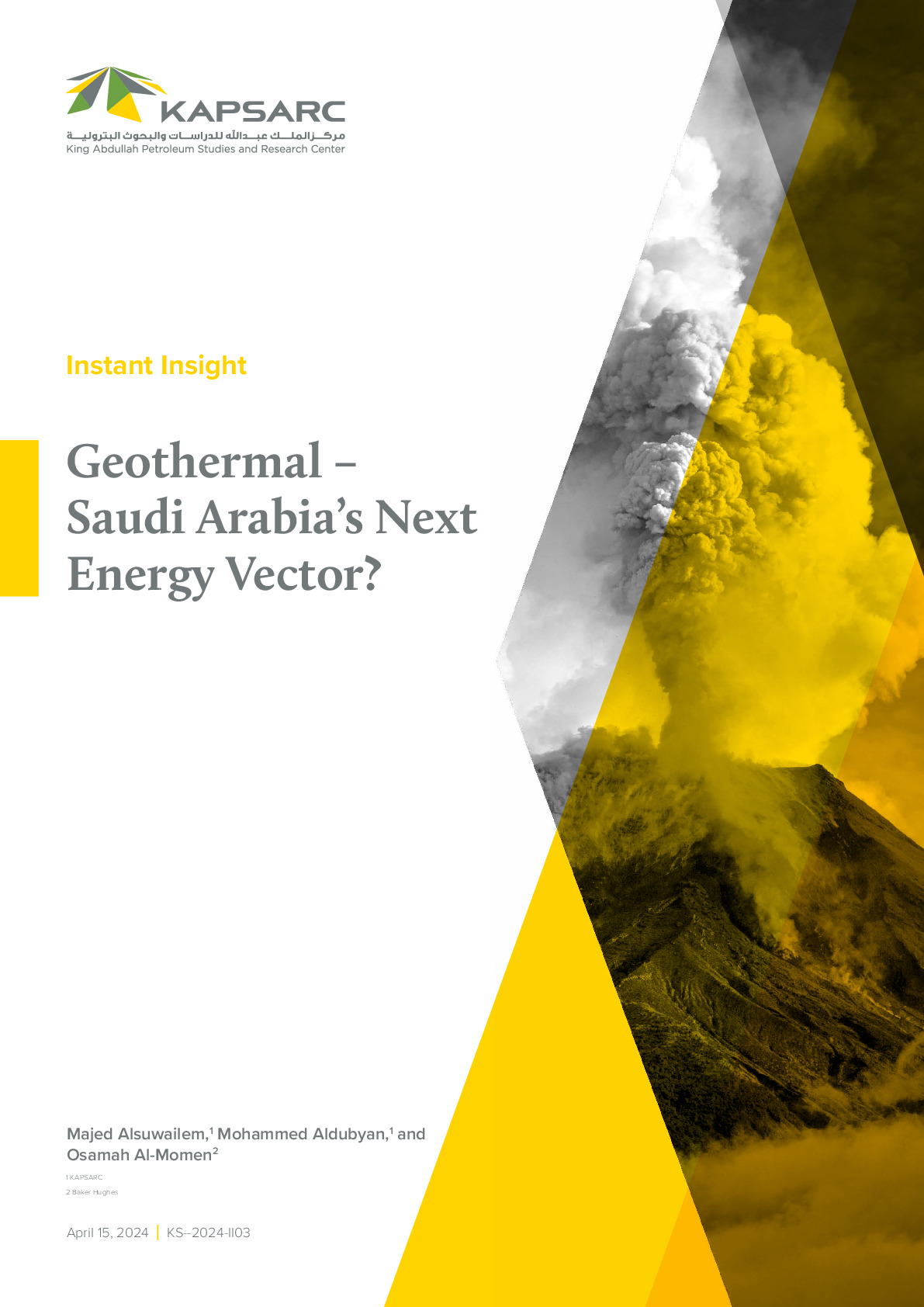Gas is envisaged as the fuel of choice in the power sector and is the ideal fuel to help transition toward clean, sustainable, and affordable energy access. As vital as gas is for electricity generation, the petrochemical industry, the transportation sector, and heating, many oil operators either flare or vent associated gas, a by-product of oil extraction, at the wellhead or gathering stations. This releases greenhouse gases (GHGs) into the atmosphere and is done for various reasons, including infrastructure constraints, a lack of financial incentives to capture and process gas, poor regulatory frameworks, or binding contractual rights.

Research Fellow
Majed is a Research Fellow at KAPSARC with a focus on energy security, geopolitics, and hydrocarbon laws and regulations. He…
Majed is a Research Fellow at KAPSARC with a focus on energy security, geopolitics, and hydrocarbon laws and regulations. He has more than 15 years of experience in the oil and gas industry in the fields of simulation and modeling, asset management, reserves estimation, oil field development, disruptive technologies, and business planning, gained at Chevron and Saudi Aramco. Majed holds a B.S. degree in petroleum engineering from the University of Tulsa in the United States, along with two M.S. degrees in petroleum engineering, and reservoir geosciences and engineering, respectively, from Texas A&M University and the Institut Francais du Petrole (IFP School). In 2021, Majed earned his Master of Science degree in public economics and policy from Purdue University.
Expertise
- Energy Security
- Geopolitics
- Hydrocarbon Laws and Regulations
Publications See all Majed A. Al Suwailem’s publications

The New Oil Market Multiverse: Physical Commodity Swaps as Instruments for Circumventing Sanctions and Their Implications for the Global Economy
Gas is envisaged as the fuel of choice in the power sector and is the…
23rd May 2024
Geothermal – Saudi Arabia’s Next Energy Vector?
Gas is envisaged as the fuel of choice in the power sector and is the…
30th April 2024